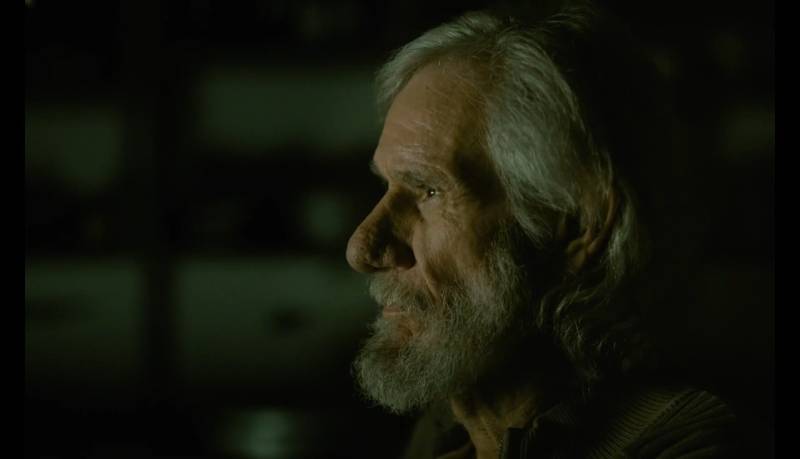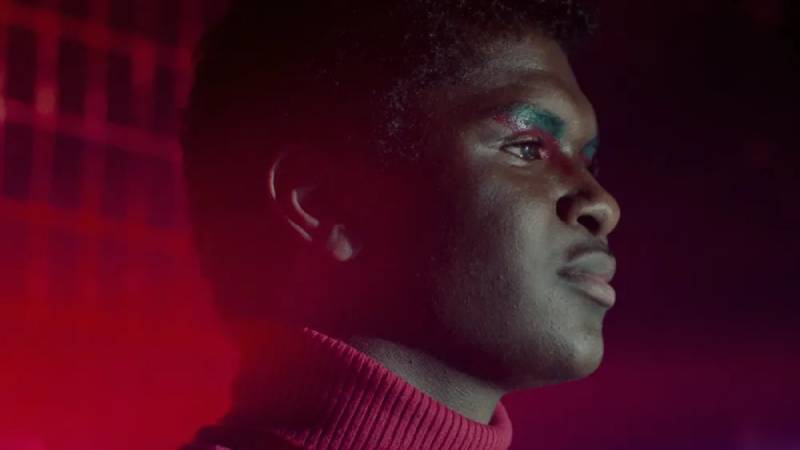









































The San Sebastian International Film Festival (known as Donostia Zinemaldia in Basque) is the largest film festival of Spain, taking place every year for the past seven decades in the month of September. It is an A-list Fiapf accredited event with a number of awards given out by the juries in its six competitive sections, screening approximately 200 films from literally every corner of the world.
San Sebastian is the capital of the Gipuzkoa region of the Basque country. The sun is gentle and bright (with the occasional downpour!), the beaches vast and generous, the streets bursting with haute cuisine, Rioja wine and boisterous crowds. There are Michelin-starred restaurants in every corner, their bars splashed with the colourful pintxos. The International Film Festival is strictly diligent and diverse. Films start bang on time, and most screenings are sold out well in advance (something very few festivals can claim).
Basque language has become increasingly common (and even mandatory) in the Festival. At least two award-winning films – Isabel’s Herguera’s Sultana’s Dream and Estibaliz Urresola Solaguren’s 20,000 Species of Bees – were partly spoken in Basque. For the first time, most films in the Main Competition had Basque subtitles. Perhaps most significantly, the genuinely unique language (which is unrelated to any other in the world) was widely used during the Award Ceremony, thus emphasising the region’s strong sense of identity.
DMovies followed the action in loco exclusively for you. You can read our 22 brand new reviews written during the Festival (including all 16 films in the Main Competition) in our review archive.

.
The winners
The biggest accolade, the Best Picture Golden Shell, went to Jaione Camborda’s The Rye Horn, the story of a midwife and abortionist who has to flee Francoist Spain after a procedure goes terribly wrong. This is the first time in history that a Spanish woman wins the Festival, and also that a movie spoken in Galician wins a major international film festival. It was only recently that the deeply rural Northwestern region of Spain became a regular subject of Spanish cinema, with films such as Olivier Laxe’s Fire Will Come, Isabel Coixet’s Elisa and Marcela, and Rodrigo Sorogoyen’s The Beasts. Galician was my father’s first language, and he was often embarrassed of speaking it, as it was widely perceived as a peasant’s language. Donostia Zinemaldia deserves credit for helping another region of Spain reclaim their identity. The Rye Horn is pictured at the top of this article: seafood harvesters pick the exquisite delicacies (barnacles, mussels) for which Galicia is best known. This is fourth consecutive year a woman received the top prize at San Sebastian.
The Best Director prize went to the Tzu-Hui Peng and Ping-Wen Wang’s A Journey in Spring (pictured above), a surprisingly warm piece of slow cinema from Taiwan (with a very cold twist). The two Best Performance award went to Tatsuya Fuji of Kei Chika-Ura’s Great Absence, a Japanese drama about dementia and family bond (a movie not without significant flaws), and Marcelo Subiotto of María Alché and Benjamín Naishtat’s Puan, an Argentinean comedy-turned-activist-film about philosophy and education (the film also took the Best Screenplay prize). Best Supporting Role went to Hovik Keuchkerian of Isabel Coixet’s Un Amor (my favourite movie from the Main Competition), a superb meditation on the contradictory sentiments of love, compassion, contempt and complicity, set in the rural, mountainous region of Rioja (around the corner from the Basque country). Best Cinematography and Special Jury prizes went to Isabella Eklöf’s Kalak, a Greenland-set, cold-hearted drama about a nurse abused by his father.
The jury was headed by French filmmaker Claire Denis, and included prominent members such as Berlin School’s most famous director Christian Petzold and Chinese actress Fan Bingbing.

.
Other winners
Other winners (prizes not given by the main jury) include Raven Jackson’s All Dirt Roads Taste of Salt, a deeply sensory film exploring the life of a Black American woman in the Deep South, and Kitty Green’s hilarious, adrenaline-inducing Australian female revenge drama The Royal Hotel – both films took the Another Look Award.
And that’s just the tip of the iceberg. A honorary award went to 82-year-old Spanish filmmaker Victor Erice, who returned to filmmaking after a three-decade hiatus. He crafted Close Your Eyes (pictured just above), a protracted, moody and profound reflection on memory, cinema and reconnection. Another such prize went to the also octogenarian Ghibli veteran Hayao Miyazaki, who delivered the Festival’s opening film The Boy and the Heron, a semi-autobiographical animation populated by an orphaned boy, nosey old ladies, and angry, duplicitous birds of all sorts.
French-Vietnamese helmer Tran Anh Hung won the Culinary Award Prize for the slightly overcooked Pot-au-Feu, starring a delicious Juliette Binoche. 20,000 Species of Bees, about an eight-year-old transgender girl seeking acceptance from her family of Basque beekeepers won one of the Sebastiane Awards. Sultana’s Dream, which won both the Euskal Gidoigleen Elkartea and the Irizar Basque Film awards, follows a young Spanish woman who no longer feels safe in her own country; she thus travels to India in search of a Utopian society ruled by women. Christos Nikou’s Fingernails (a excruciatingly painful romcom about two “love instructors” who measure romance by ripping out their clients’ fingernails) won the Fipresci Award.
James Marsh’s British film Dance First did not win any prizes, but boasted the distinction of closing the event. Gabriel Byrne stars as Irish writer Samuel Beckett, in this concise yet very conventional biopic of a literary genius.

.
Our dirty pick





















